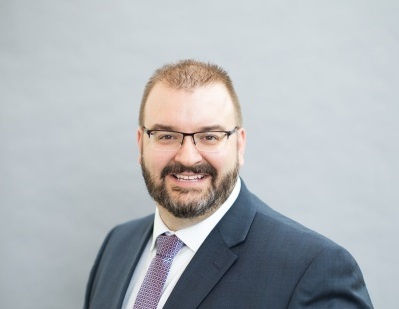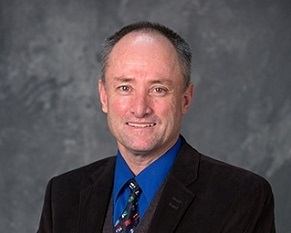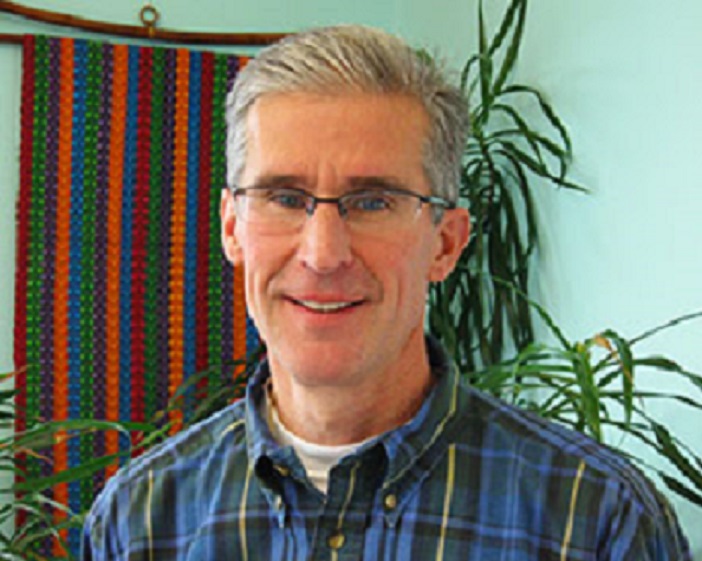Developing Economic Leadership in Ministry
REGISTRATION CLOSED
How do we shepherd the flock in the search for economically healthy and socially just communities? What is the role of the local church in sustainable human development? Join us to explore how moral and economic clarity give direction in our mission to be true disciples, fostering effective charity, empowering our congregations and creating a context for human flourishing.
Conference participants will envision a new framework for examining complex problems facing today’s church, founded in a theologically robust economic perspective. Participants will network with other leaders in their community, ground discussion in continued emphasis on real world applications of Biblical principles, and develop leadership capacity through the resources offered for each session.
NOTE: Conference participants must currently live and work in the Pacific Northwest region of the United States (Alaska, Idaho, Montana, Oregon, or Washington). Participants will represent a variety of religious traditions and backgrounds. All attendees must share a commitment to religious values and a respect for the rights of individuals.
What: The objective of the learning community is to provide a laboratory for pastors and lay leaders toward a richer integration of faith, work, and economics for ministry that produces human flourishing.
Who: Pastors and lay leaders from 10-15 churches of varying denominations and sizes from around the Pacific Northwest. Each church will send at least two representatives to the learning community. One must be a member of the pastoral staff. The other should be a highly engaged lay leader committed to faith-work integration. Churches may apply for three “slots” (adding a second staff person); we will review those requests on a case-by-case basis. We may not be able to accommodate all requests for church teams of three.
Where: We will be meeting in beautiful Walla Walla, Washington. Our conference will include an in-depth tour of Broetje Orchards, a business that models faith integration that has led to innovation in its business practices as well as well-being for their employees.








